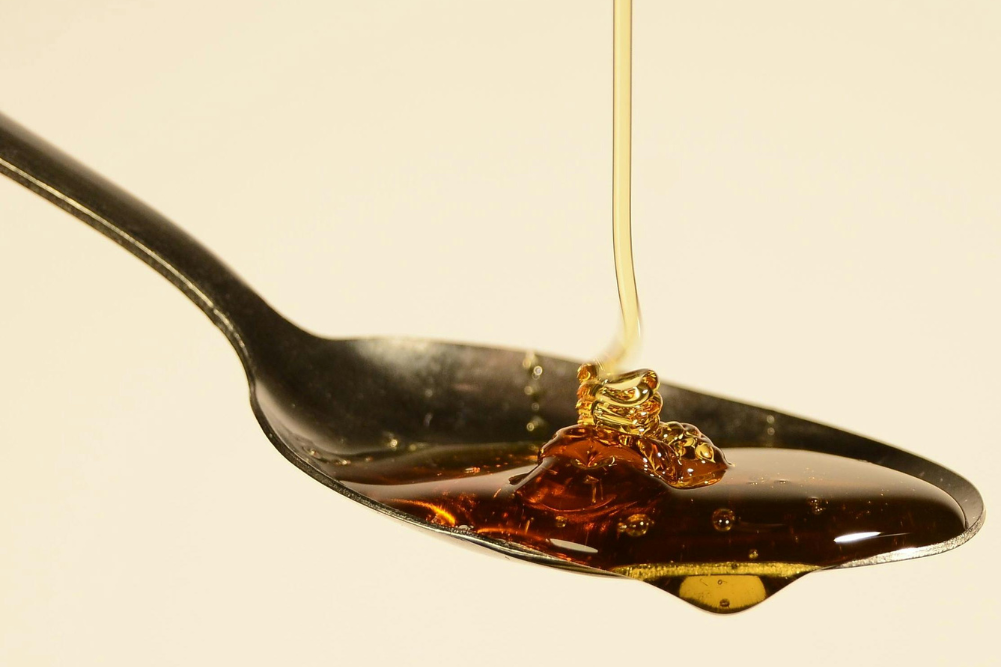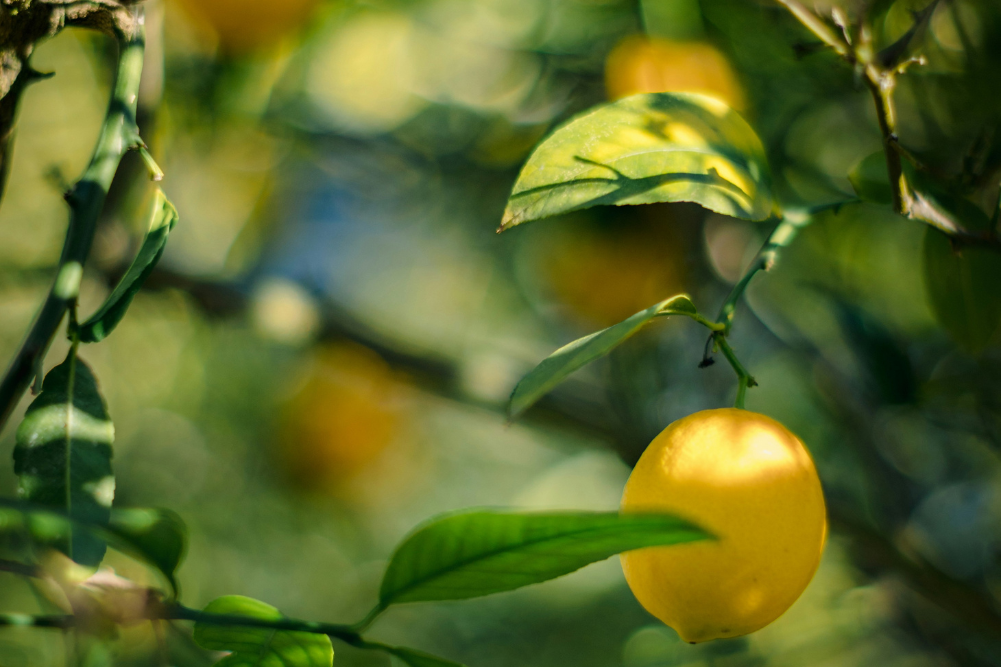5 Reasons to go organic!
There’s no doubt organic food is good for you and tastes better, but there are even more reasons why organic food is a sensible choice. We explore five good reasons to go organic today.
Although it’s seen as new and “trendy” for some, organic food is far from it. Until the 1950s, most of the food we ate was organically produced. Unfortunately, with the introduction of modern industrial farming and large-scale production, less foods have become organic, which has had detrimental effects on our health, our environment and its ecosystems. The good news is that the demand for organic food is growing in Australia as people put their money where their mouth is, and there are plenty of reasons why choosing organic makes perfect sense.
Taste
Would you rather eat a perfect-looking apple coated in pesticides or a less-pretty apple that is much tastier? I think we all know the answer to this. But what is the secret to most organic food tasting better? One possible reason is that organic farmers work in smaller batches and tend to emphasise quality over quantity. This means that filler ingredients are not used to enhance the food. Secondly, organic food is often fresher, local and more seasonal, especially if bought directly from your local farmer or producer. Since organic foods do not contain preservatives, they often have a shorter shelf life. This means they are usually sold soon after they’re picked when the produce is freshest and still at its prime. Most organic foods also have lower food miles since they don’t need to be stored for long or transported a far distance. The longer food is stored after harvesting, the more the food loses nutrients, which is why fresh is a must.
Better for you
Organic food refers to the way in which food is produced. Food produced via organic farming is more natural as it’s produced without the use of synthetic fertilisers, chemicals and pesticides in the production process. Fertilisers are still commonly used, but farmers opt for natural fertilisers such as manure to enrich the soil and help improve plant growth. As far as animals are concerned, under organic standards, they are free range and are free of antibiotics or hormones to enhance growth. Organic food is also strictly non-GMO — not containing genetically modified organisms.
The jury is still largely out on the nutrient profile of organic foods versus non-organic foods. However, many studies have found that organic foods are lower in nitrate levels and higher in vitamins and minerals, particularly vitamin C, phosphorous, magnesium and iron, while many organic meats and dairy are said to be richer in nutrients, including healthy omega-3 fatty acids.
Sustainable
Organic food is not just better for your health, it is also better for the environment as it promotes more sustainable use of natural resources. Agriculture in Australia contributes significantly to greenhouse gas emissions due to the use of synthetic fertilisers. For example, synthetic nitrogen fertilisers make up 2.4 per cent of total global emissions and 20 per cent of emissions from agriculture. Since organic standards prohibit the use of nitrogen fertilisers, embracing organic food helps lower greenhouse gas emissions considerably.
Organic farming principles focus on protecting the environment, including conserving water, enriching the soil, supporting wildlife/plant life and using renewable resources. Biodiversity is essential in organic farming because farmers rely on a healthy, harmonious relationship with their ecosystem to control pests and enrich the environment and wildlife. Healthy soil which is full of nutrients and rich topsoil ensures produce grows better and can be sustained for many generations to come. Organic farming also has large benefits to our water health as when pesticides are used, damaging run-off can often end up in our waterways, polluting the water supply and threatening local marine life.
Supports community
When it comes to food, it’s important to get connected to your food source and understand where it comes from, who it comes from, and the process by which it is produced. This will help develop a greater understanding and appreciation for organic farming. When buying organic, a good place to start is to buy direct from the producer at your local farmgate or farmer’s market. By buying as directly as possible, you will ensure the length of the journey from paddock to plate is short, which means the produce is fresher and richer in nutrients.
Better for animals
Organic farming methods have high animal welfare standards, and the animals are treated humanely and with respect. Free-range animals are allowed to graze and roam, with access to plenty of space and fresh air. Chickens are free range and are not kept in cages, and cattle have plenty of space and are not kept in feed lots. Unlike many non-organic farm animals, organically raised animals are not fed any growth-related drugs, or hormones or treated with antibiotics.
Where to start
We live in a world where consumers can access a wide range of produce when they need it, even if it’s not in season. Organic food isn’t always as accessible as produce that is imported or produced by modern farming. If you’re finding it too difficult to eat organic food all the time, start by buying organic food from the Dirty Dozen, a list developed by the Environmental Working Group, a US health and environmental research organisation. The Dirty Dozen list is made up of fruit and vegetables that are deemed to be the highest in pesticides and chemicals and includes popular foods like strawberries, spinach, kale, apples and grapes. Although this list is not local to Australia, it is a still a good reference point as to which produce is categorised as “dirty” or “clean”.
In a local sense, it’s best to look for produce that has a “certified organic” label from one of the Department of Agriculture, Water and the Environment (DAWE) accredited certifying organisations. The use of the word “organic” is not regulated in Australia, so it’s important to ensure the products are bought from certified growers or producers. There are many producers who claim their products are “natural” and “organic” when they are far from it. In order to be certified as organic in Australia, the food must meet very strict criteria. If you’re shopping at a local farmers market, you can also consider producers who are operating a “transition farm” and are nearly certified. This means they are using organic principles but are waiting on the final accreditation.
Happy shopping!







